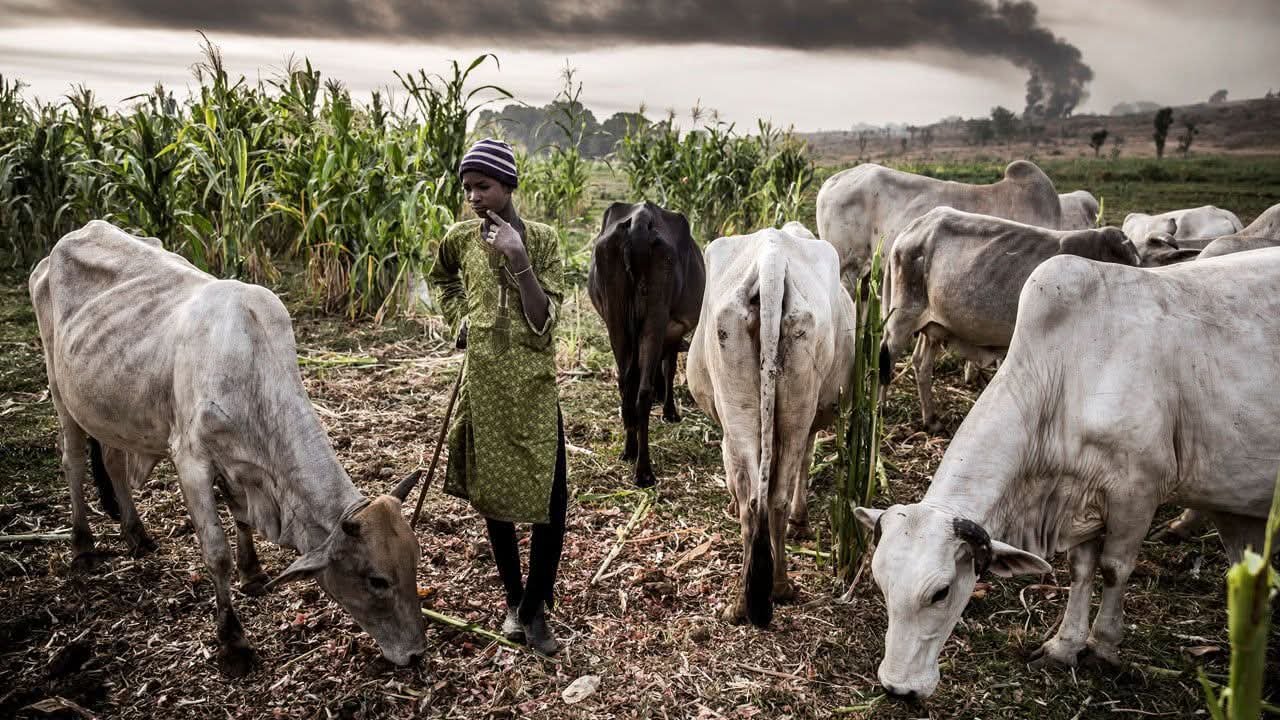The Igbo National Union Worldwide (INU-W) has called on State Houses of Assembly in the Southeast region to enact laws banning open grazing to curb the escalating attacks by armed herdsmen. The group also urged communities in the region to establish vigilante outfits to protect farmlands and halt the ongoing killings and sexual assaults.
In a press statement issued by INU-W’s National President, Ngozi Ogbomor, and Administrative Secretary, Austin Mary Ndukwu, the group condemned the persistent security breaches and human rights violations attributed to herdsmen in the five core Igbo states—Enugu, Imo, Abia, Anambra, and Ebonyi. The statement, made available to journalists, described the attackers as “murderous terrorists masquerading as herdsmen of the Fulani tribe.”
INU-W expressed frustration over the inability of security agencies to arrest or prosecute armed herdsmen, stating that recent events demonstrate the agencies’ limited capacity to address the crisis. “The carnage in Igbo land has unfortunately gotten out of control, as security agencies and the government seem inactive,” the group said.
To counter the violence, INU-W proposed that Southeast communities unite to form a “formidable force” to repel the attackers. The group specifically called for legislation prohibiting open grazing, arguing that such laws would address the root cause of the attacks. “Are we going to fold our hands and pretend nothing is happening while they kill us, rape our women, and destroy our farmlands? We must rise with full force to stop the carnage and defend ourselves,” the statement read.
INU-W further appealed to Igbo stakeholders, including traditional rulers, town union leaders, youth organizations, business leaders, market associations, and women’s groups, to mobilize and protect Igbo land from what it described as “Fulani terrorists.” The group emphasized the urgency of collective action to safeguard lives, property, and the region’s agricultural heritage.







